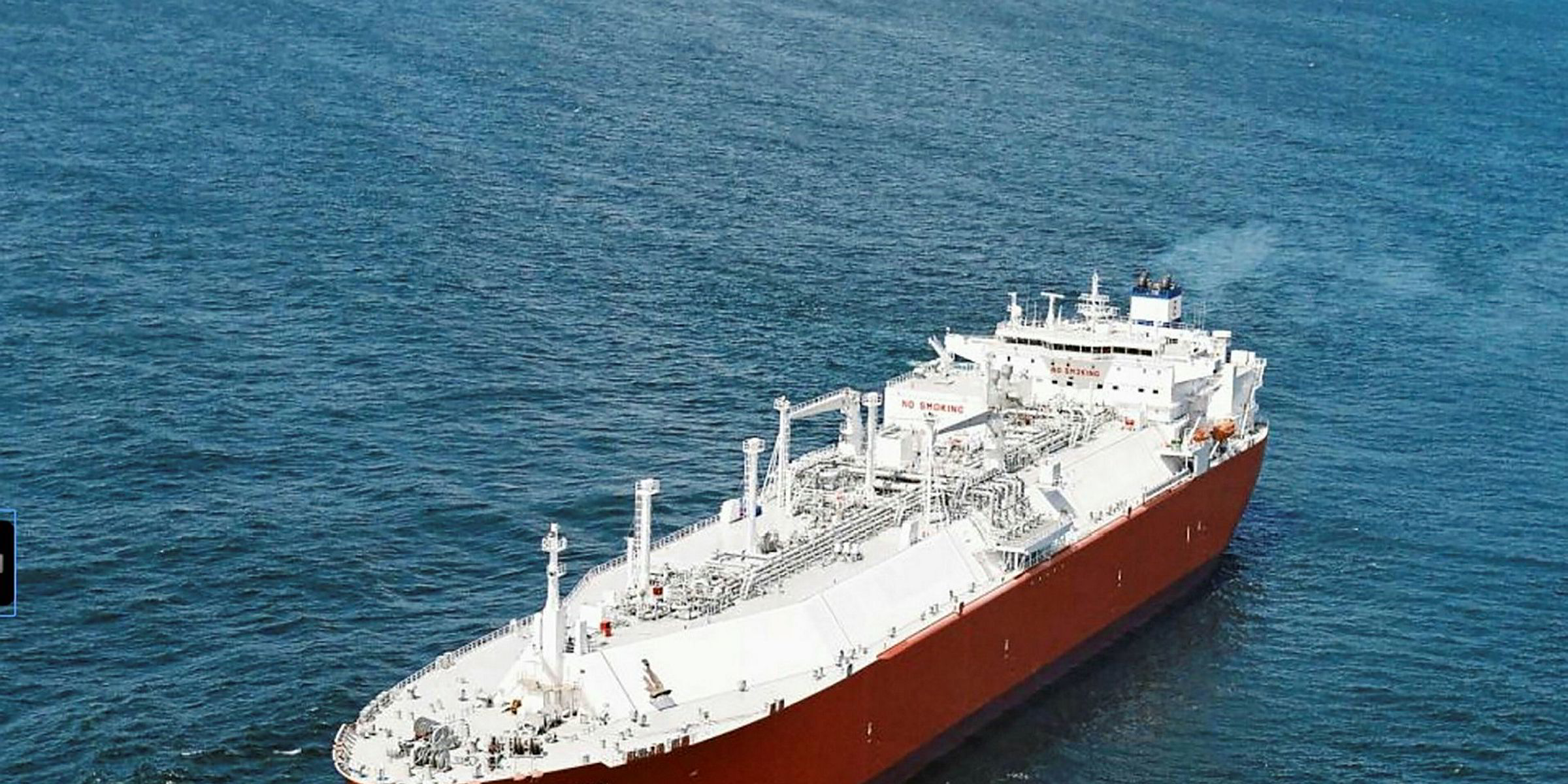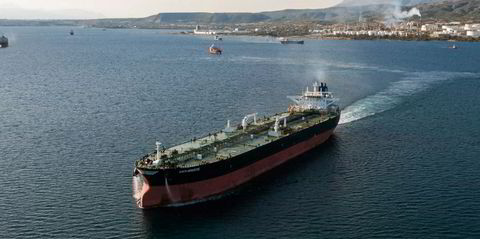Gazprom has selected a 14-year-old LNG carrier to convert into a floating storage unit (FSU) for the planned mid-scale Portovaya LNG export project on Russia’s Baltic Sea coast.
Industry sources reveal an agreement has been reached under which Exmar and Mitsui OSK Lines’ jointly owned, 138,107-cbm Excel (built 2003) would be bought for the business. A sale could be finalised this month.
A price in the high $40m range has been rumoured. If confirmed, this could set a benchmark for steam turbine vessels of this vintage as more of them become charter-free and available for sale with the advent of larger, more efficient LNG carriers.
Details have yet to emerge of the conversion work required — which is expected to take around nine months — and which yard would do it. Industry specialists say Singapore’s Keppel and Sembawang shipyards are likely to be keen contenders.
The DSME-built Excel is fitted with an NO96-type cargo containment system and may need ice-strengthening work.
Exmar said in this month’s second-quarter results statement that the Excel has been employed from December to July on Indonesian charter business. It said “several employment alternatives are being explored” for the vessel.
Exmar chief executive Nicolas Saverys said he did not want to comment on the sales talk surrounding Excel.
Russia’s Gazprom is planning to use an FSU as a quick means of starting up a 1.5 million tonnes per annum LNG export project based on pipeline gas supplies.
It was earlier said to have zoned in on five LNG carriers in the 125,000-cbm to 150,000-cbm range as potential conversion candidates. None were built to ice-class specifications.
The unit will be moored behind a breakwater near Vyborg. Visiting LNG carriers would load from the FSU to collect export cargoes. The unit, which is needed in place by the end of 2018, would be capable of loading and discharging cargoes simultaneously.
The Portovaya plant, jointly developed with Russian engineering holding SRDI Oil & Gas Peton, could be the first to use an FSU for exporting LNG. Three projects are already in play using storage units in Malta, Jamaica and Bali but these all use FSUs for importing cargoes.
The project is also considering building onshore storage for the LNG produced but wants to kick off with an FSU to enable a quick start-up.




